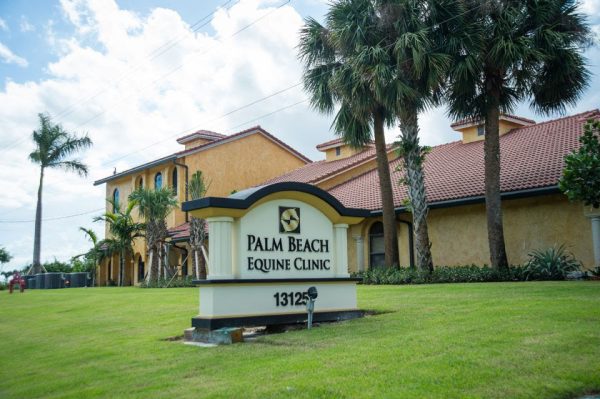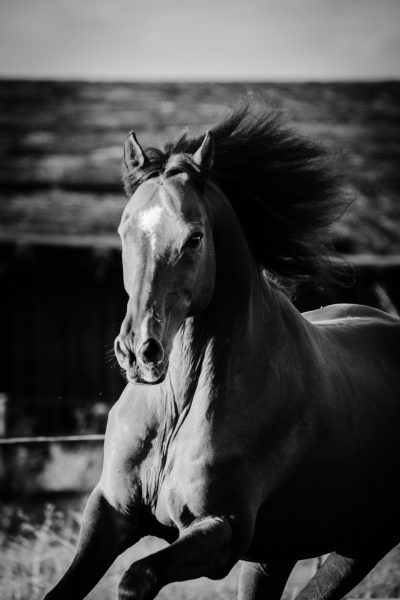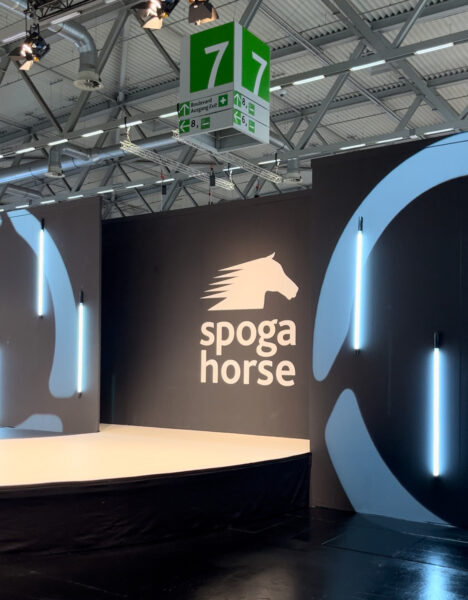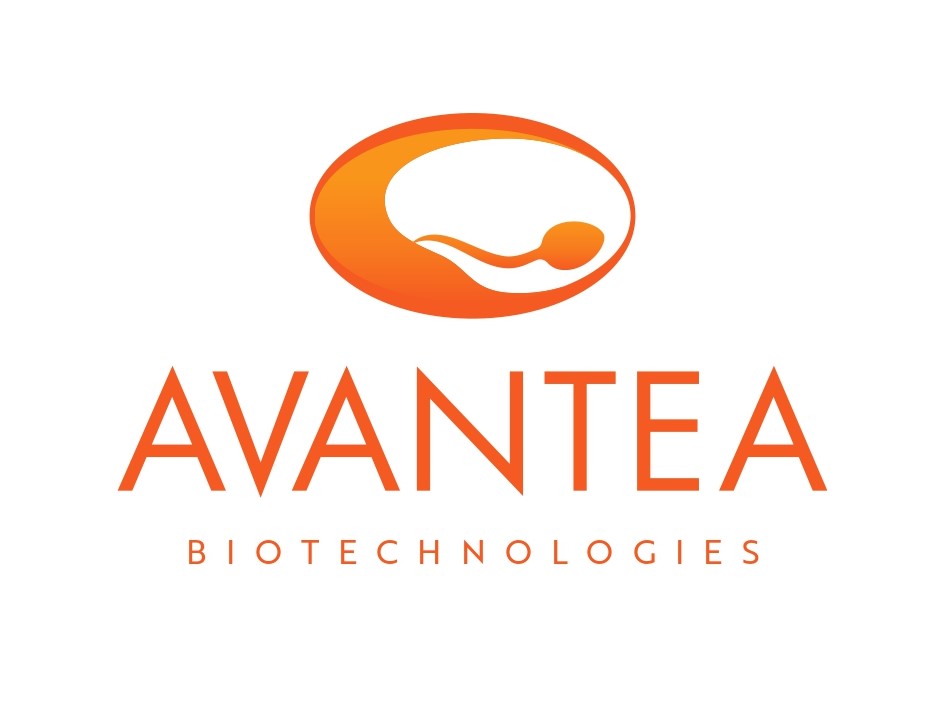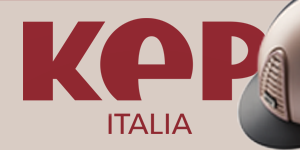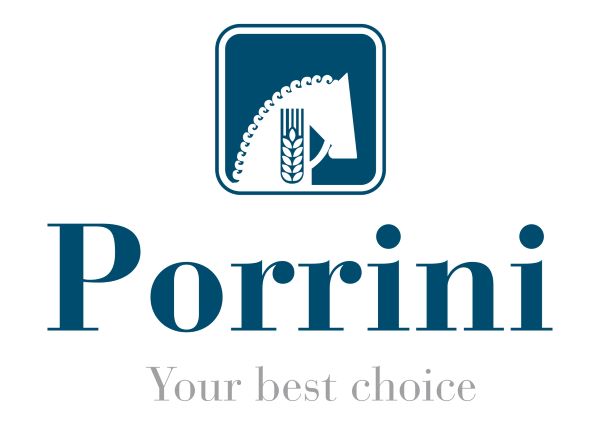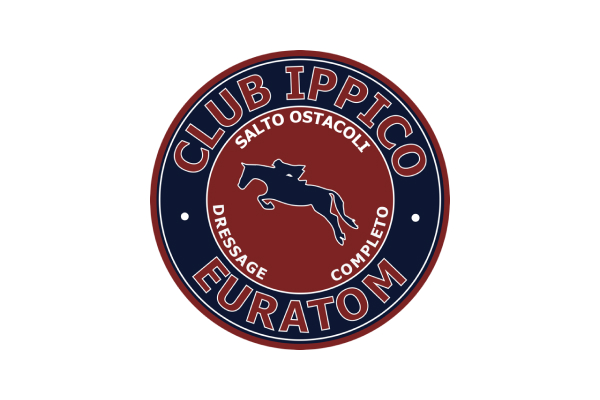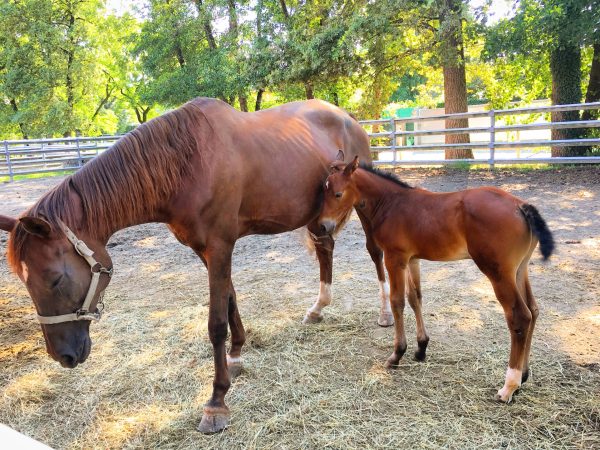
Advancements in Equine Breeding: the Embryo Transfer
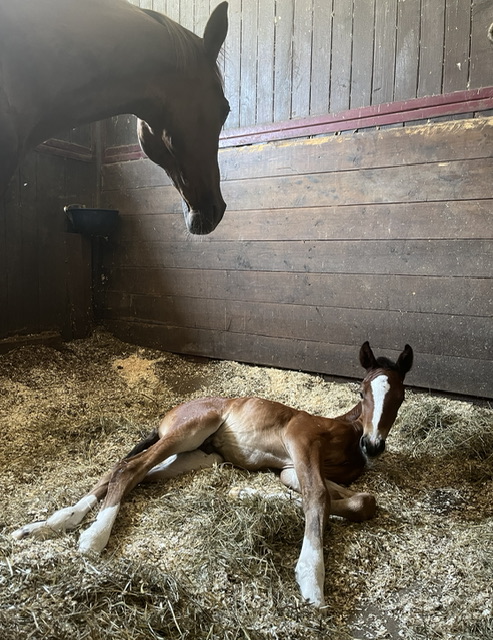
Exploring Modern Techniques and Technologies in Horse Breeding
The Evolution of Equine Reproduction
With the advancement of veterinary science, the landscape of sports horse breeding has undergone significant transformations, propelled by modern technologies and industry expertise. This paradigm shift was recently elucidated at the Palm Beach Equine Clinic during a presentation by Dr. Katie Atwood.
Tailored Breeding Strategies for Performance Enhancement
Modern breeders now have the capability to initiate targeted breeding programs tailored to desired traits. For instance, breeders can prioritize not only the health and athletic potential of offspring but also extend the sporting careers of their athletes or prolong the reproductive lifespan of breeding stock through meticulous selection criteria.
Rising Trend of Embryo Transfer in Equine Reproduction
Currently, embryo transfer has gained immense popularity as a reproductive technique in the equine industry. In many sport horse auctions, foals are even sold in the embryonic stage. This method proves invaluable, particularly for breeders with mares possessing exceptional genetic lineage but still actively engaged in athletic pursuits.
Embryo transfer involves impregnating a mare, identifying and extracting the embryo after approximately 7 to 10 days, and then transferring it to a recipient mare to carry the pregnancy to term. This process enables athletic mares to continue their competitive careers while expanding their breeding potential. Moreover, it allows for a higher number of offspring from a single mare over her lifetime, a feat unattainable through traditional methods considering the 11-month gestation period and sporting commitments.
Optimized Reproductive Timing and Age Considerations
Horses are now introduced to breeding at optimal ages, challenging the previous notion that horses aged 16 or 17 were deemed old or past their prime. Nowadays, it’s not uncommon to witness horses of that age competing at elite levels with commendable results. Embryo transfer techniques have particularly proliferated in disciplines like dressage and polo, with the ability to freeze and transport fertilized embryos across continents, ensuring genetic diversity and global reach in breeding endeavors.
In conclusion, the integration of modern veterinary techniques and reproductive technologies has revolutionized the equine breeding landscape, offering breeders unprecedented control and flexibility in shaping the future of sports horse genetics and performance.
Source press release Palm Beach Equine Clinic
© Rights Reserved.




